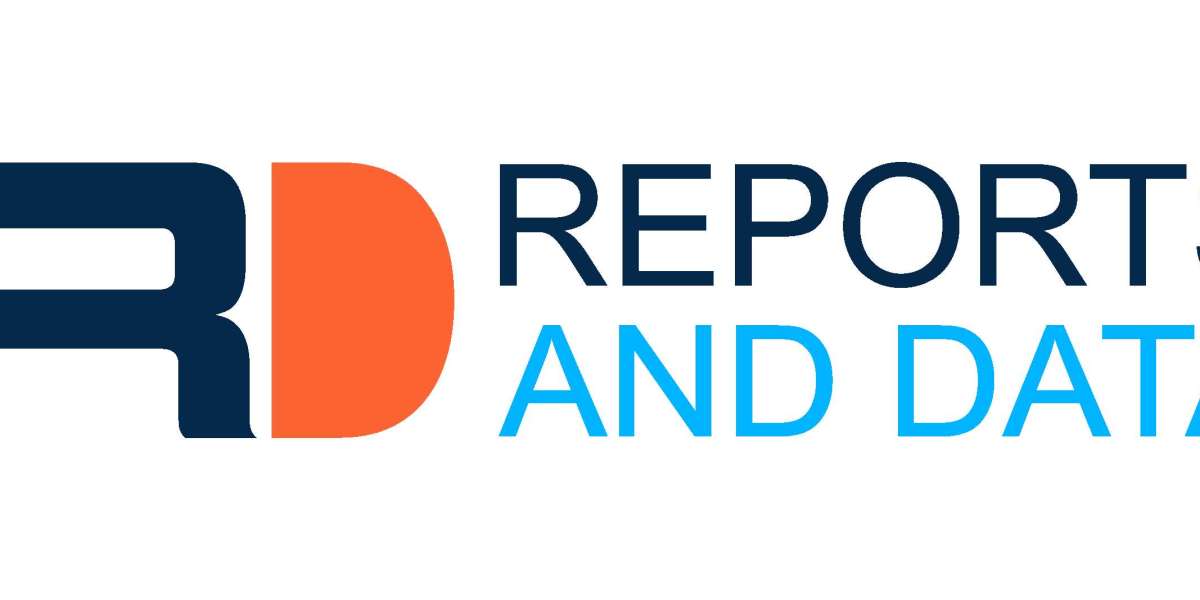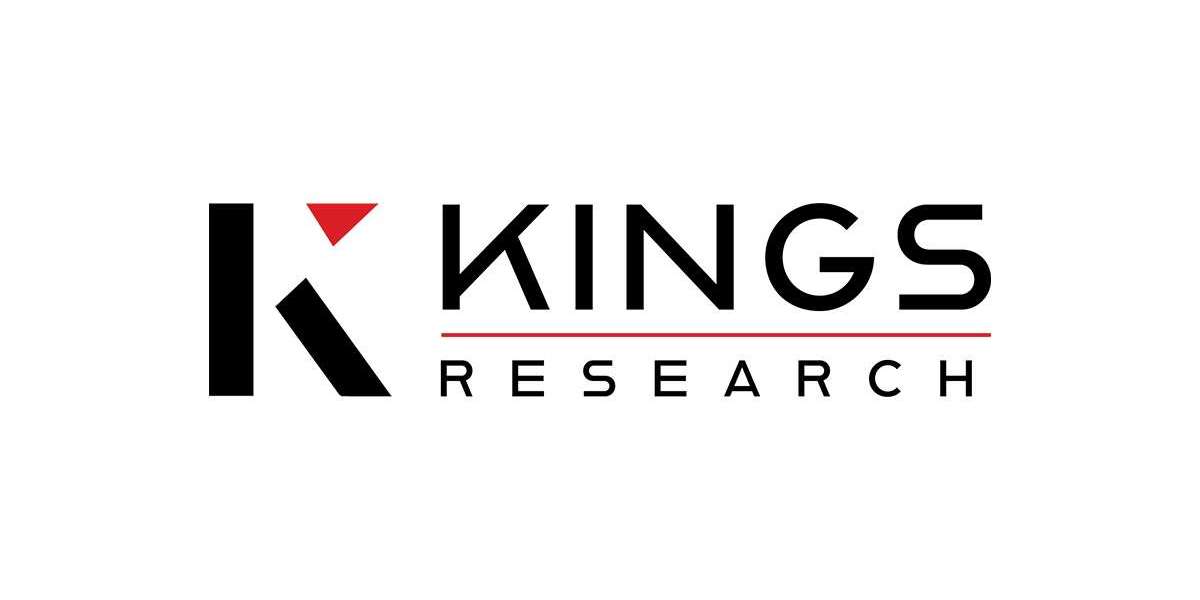The obesity market encompasses a wide range of products and services designed to prevent, manage, and treat obesity and its related conditions, such as type 2 diabetes, cardiovascular diseases, and certain cancers. Key segments within the market include:
Pharmaceuticals: Medications for weight loss, such as GLP-1 receptor agonists and other appetite-suppressing drugs, have gained popularity. Companies like Novo Nordisk, with products like Wegovy and Ozempic, have experienced significant growth due to the increasing demand for pharmacological solutions to obesity.
Medical Devices: Bariatric surgery and devices like gastric bands or balloons are widely used to treat severe obesity. These interventions have shown effectiveness in reducing weight and improving comorbidities.
Weight Loss Programs: Commercial programs like Weight Watchers, Jenny Craig, and others offer structured approaches to weight loss, combining diet, exercise, and behavioral therapy.
Nutritional Products: This segment includes meal replacement shakes, supplements, and other products designed to support weight loss or healthy eating habits.
Opportunities
The obesity market offers significant opportunities for growth and innovation. Factors driving this growth include:
Increasing Awareness: Public health campaigns and medical research have raised awareness about the risks associated with obesity, leading more people to seek solutions.
Rising Healthcare Costs: The healthcare costs associated with obesity-related conditions are substantial, prompting governments and insurers to invest in prevention and treatment strategies.
Technological Advancements: Innovations in pharmaceuticals, medical devices, and digital health are opening new avenues for effective obesity market management.
Personalized Medicine: The shift toward personalized medicine, with treatments tailored to individual genetics and lifestyles, presents a promising frontier in obesity treatment.
Challenges
Despite the opportunities, the obesity market faces several challenges:
Stigma and Misconceptions: Obesity is often stigmatized, leading to discrimination and misconceptions about its causes and treatments. This can deter individuals from seeking help.
Regulatory Hurdles: The development and approval of new obesity treatments can be a lengthy and costly process, with stringent regulatory requirements.
Long-Term Sustainability: Many weight loss programs and treatments face criticism for not addressing the underlying causes of obesity or for lacking long-term sustainability in their results.
Health Inequalities: Obesity disproportionately affects certain populations, often those with lower socioeconomic status or limited access to healthy food and exercise options. Addressing these disparities requires broader public health efforts.
Future Trends
The future of the obesity market is likely to be shaped by several emerging trends:
Combination Therapies: Combining different treatment approaches, such as pharmaceuticals and behavioral therapy, may yield better results for patients.
Digital Health and Telemedicine: Technology-driven solutions, including mobile apps, wearables, and telemedicine, can enhance patient engagement and support.
Prevention and Early Intervention: Efforts to prevent obesity and intervene early can reduce the long-term health impacts and associated costs.
Global Collaboration: Addressing the global obesity epidemic will require collaboration across borders, with shared knowledge and best practices.
To gain more information about the obesity market forecast, download a free report sample








